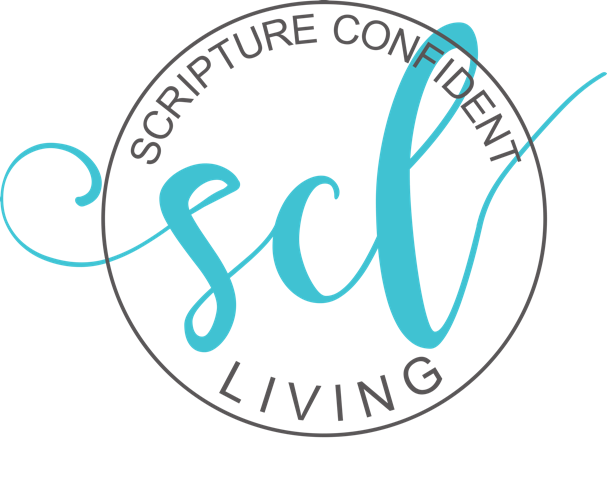Should we study the Bible like a textbook?
Have you ever wondered if it's appropriate to study the Bible like a textbook?
Is it enough to approach it with academic rigor, applying the same analytical skills we used in school? Or is there something deeper, something more transformative that we should seek when studying the Word of God? Let’s explore both sides of the argument and discover the best approach to studying the Bible.
Yes: The Bible is Worth Studying Like a Textbook
There is merit in treating the Bible as a textbook. Just as we would approach any academic subject, we should bring our analytical skills to the table when studying the Scriptures.
This means:
dedicating time to sit down with a clear mind,
focusing on the text, and
putting in the work necessary to understand its depths.
By utilizing text analysis skills, we can uncover layers of meaning and gain a better understanding of what God is saying through His Word.
No: The Bible is More Than Just a Textbook
However, studying the Bible solely like a textbook may not capture the essence of its message. The term "textbook" can carry a negative connotation, implying a dry and mechanical approach to learning.
Bible study should ignite excitement and curiosity within us. It is the living Word of God, a priceless treasure that has the power to transform our lives. To truly grasp its significance, we must seek heart knowledge and allow it to impact our daily lives.
How Can We Study the Bible for Heart Knowledge?
To study the Bible for heart knowledge, we must approach it with a different mindset.
While it is important to learn about its historical and cultural context, as well as develop study skills, the ultimate goal is to deepen our faith in God and find strength for the Christian journey.
One way to achieve this is through independent time spent in God's Word. By dedicating regular time to read and meditate on Scripture, we open ourselves to God's guidance and allow His truths to shape us from within.
Here are some practical tips to help you study the Bible for heart knowledge:
Set aside dedicated time: Schedule regular time in your day or week to focus solely on studying the Bible. Treat it as a priority and create a quiet and conducive environment for your study.
Pray for guidance: Before diving into the Scriptures, ask God to open your heart and mind to His truth. Seek His guidance and understanding as you study His Word.
Read with intention: Approach each passage with a desire to understand and apply its message to your life. Slow down, take your time, and reflect on the words you are reading.
Meditate on Scripture: After reading a passage, take a moment to ponder its meaning. Ask yourself questions like, "What is God saying to me through this?" and "How does this apply to my life?"
Engage in journaling: Write down your thoughts, insights, and questions as you study. Keeping a journal can help you track your spiritual growth and provide a record of God's faithfulness in your life.
Seek additional resources: Don't hesitate to consult trusted commentaries, study guides, or online resources to gain a deeper understanding of the text. These resources can provide valuable insights and perspectives.
Introducing the Scripture Confident through the Bible study guide.
To facilitate a meaningful study of the Bible, consider using a comprehensive guide like, Scripture Confident through the Bible. This study resource focuses on key passages from Genesis to Revelation and teaches the three classic Bible study steps:
Observation,
Interpretation, and
Application.
By following this method, you will gain a thorough understanding of any Bible passage within its context, and you will approach the Scriptures with confidence.
Here is what Wendi had to say:
"I have learned so much about the Bible because of the way you taught us how to study Scripture. I'm starting to automatically ask questions and interpret information much better, especially with the use of outside sources. This course has definitely helped me deepen my Bible study and time with God."
In conclusion, while it is valuable to approach the Bible with the same analytical rigor we use for textbooks, we must remember that it is so much more than that.
The Bible holds the living Word of God, which has the power to transform our hearts and lives. As we study the Scriptures, let us seek both knowledge and transformation, allowing the truths we uncover to shape us into the people God intends us to be.
May our study of the Bible be an ongoing journey of faith, leading us closer to God and enabling us to live out His purposes in our lives.
Remember: set aside dedicated time, pray for guidance, read with intention, meditate on Scripture, engage in journaling, and seek additional resources to enhance your Bible study experience.


